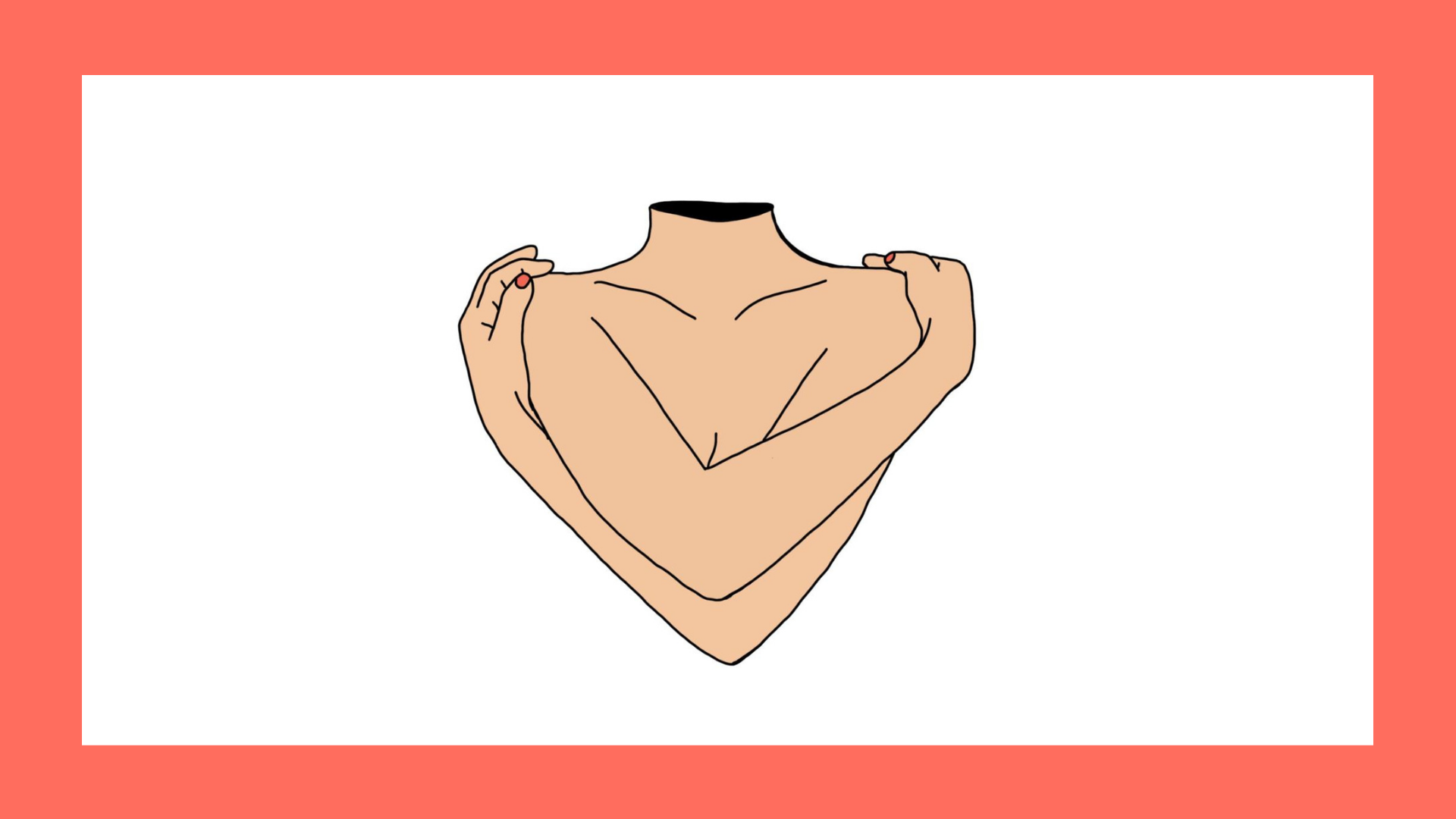
Taking that first step to start therapy is an exciting and brave thing. But even once you’ve decided on a therapist, the process can feel intimidating and can be full of unknowns. Therapists have a big advantage when it comes to feeling comfortable in the therapy room. We’ve read a lots of books and spent hundreds of hours learning what to do in session. Clients, on the other hand, have to learn as they go. Here’s 12 Things To Know When Starting Therapy. I hope it can go towards levelling the playing field.
1. Sometimes, you’re not going to like or enjoy therapy.
Like going to the gym in that more often than not, “having gone” feels a lot better than the actual “going.” It’s not uncommon for things to get worse before they get better, but put in the work and you will feel better in the long-term. Push through the discomfort and you will arrive at a much clearer place.
2. You don’t have to stick with the first therapist you meet.
Starting therapy is not a lifelong commitment, so try not to put lots of pressure on it to go perfectly — or to stick with it if it wasn’t a good fit. Shop around, therapy is all about the relationship.
3. Think about your goals for starting therapy.
Don’t worry if you don’t know for sure, a good therapist will help you figure them out. From dealing with anxiety to wanting to find direction in your life, everyone’s goals will be different – remember there is no ‘right’ reason to go to therapy.
4. You won’t have a cinematic breakthrough in every session.
Huge epiphanies are rare, therapy is more about incremental steps towards a deeper understanding of yourself and your internal and external worlds. Plus, that 20+ year knot that developed in your childhood requires some untangling – give yourself some time.
5. There will be times that you will not like your therapist.
Even the best therapist will annoy you. Therapists will tell you things you don’t want to hear and challenge you to reflect on less-than-flattering things about yourself. This might result in you mistaking not liking your therapist with not liking the things they’re saying.
6. Therapy is a place to practice for real life.
You can use the space to try out more challenging forms of communication, like standing up for yourself, arguing, apologising, or being vulnerable. Challenge your therapist. Practice for real life situations like: breaking up with a friend, asking for a raise, admitting your faults out loud or voicing anger.
7. You can ask your therapist anything.
You’re allowed to ask whatever you want, let your therapist explain their boundaries. You might not get a straight answer and some therapists might do that therapist thing of saying: “interesting question, why do you think you’ve asked this?” – don’t let this stop you, ask away!
8. Journaling post-session is a good way to get the most out of therapy.
A lot of the work happens outside of the therapy room. To get the most out of the work, take notes after the session. Write a summary of what you covered, what things were hard to talk about, lessons or things to remember and things you forgot to bring up or would like to revisit the next time.
9. You don’t have to be unwell to start therapy.
Therapy doesn’t always have to be a reaction to illness, but instead it can be an active engagement in wellness. Prevention is much easier than reaction, being in therapy will give you the tools to better your relationships and better deal with challenges when they come up.
10. It’s okay to write down what you want to talk about.
A therapeutic hour (50 minutes) can be over in a flash and although the here and now in the therapy room is incredibly important, when you’re already feeling nervous and unsure of what to say in your early sessions – it’s okay to have a list of things you want to cover. You might not cover it all but structure can help.
11. You will benefit from clearing time around your session.
Pop your phone on silent, tell anyone who may need to contact you that you’ll be out of contact for a bit, and don’t schedule anything for immediately after your appointment – you may find you need some time afterwards to decompress. Even half an hour can help.
12. Expect to talk about your history.
Each of our childhoods, wherever they sit on the scale between traumatic or benign, leave us with no other option but to be beautifully complex in adulthood. Understanding this, the challenges we face now are invariably responses to something that happened in the past. Expect to do some delving eventually.


